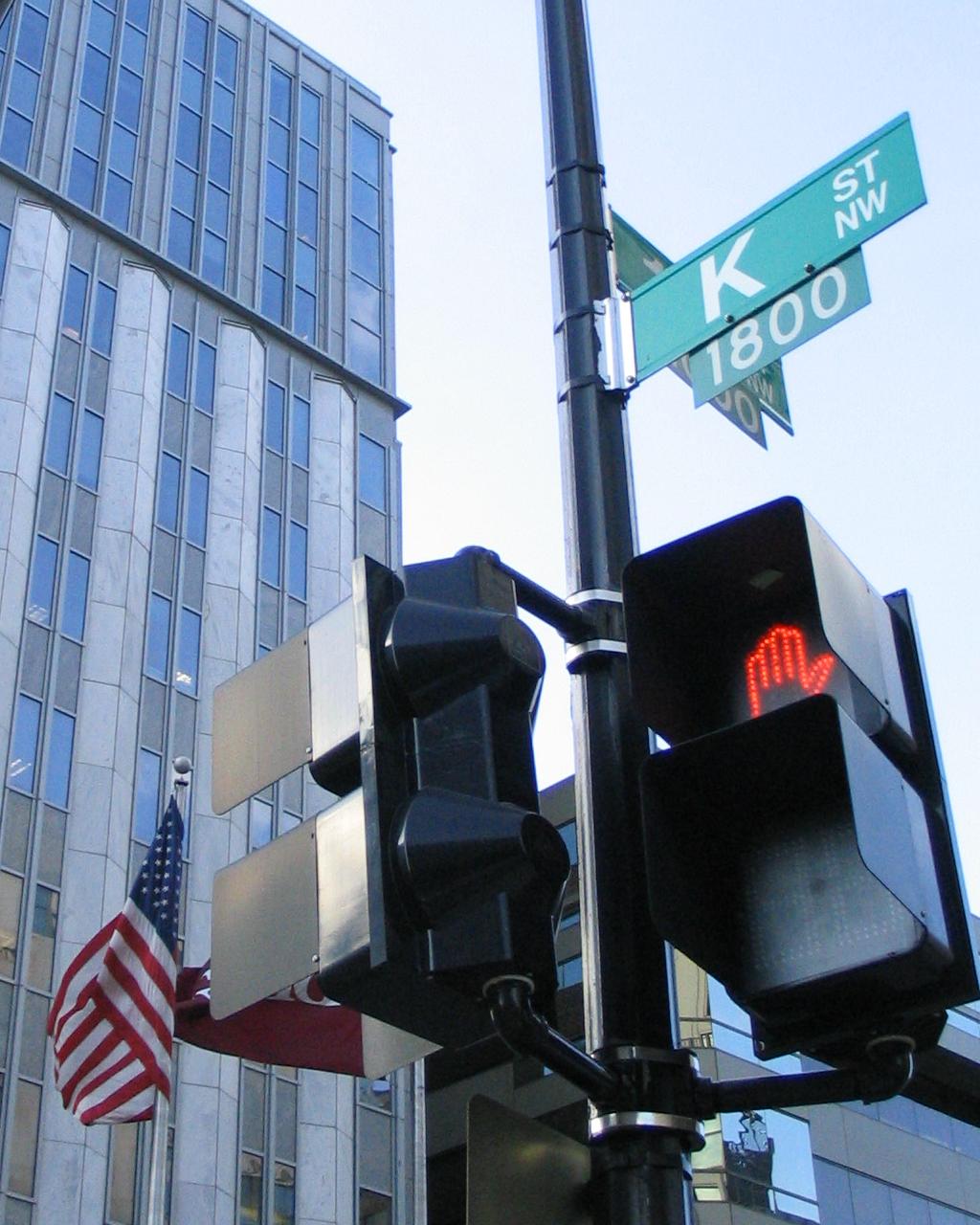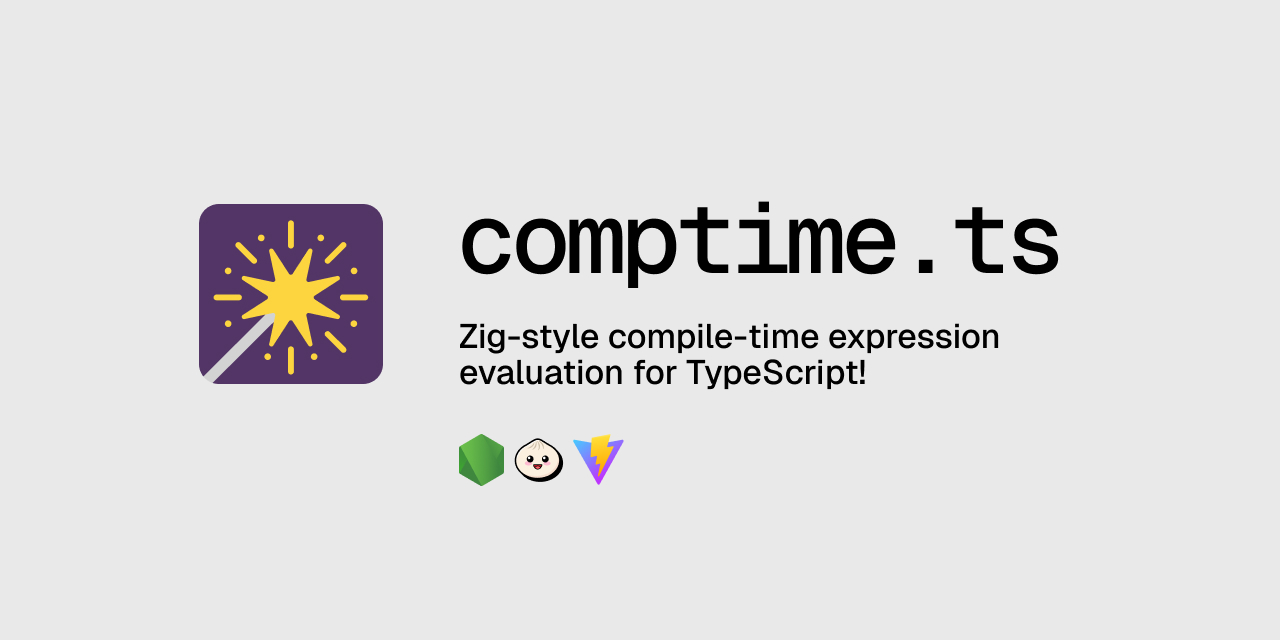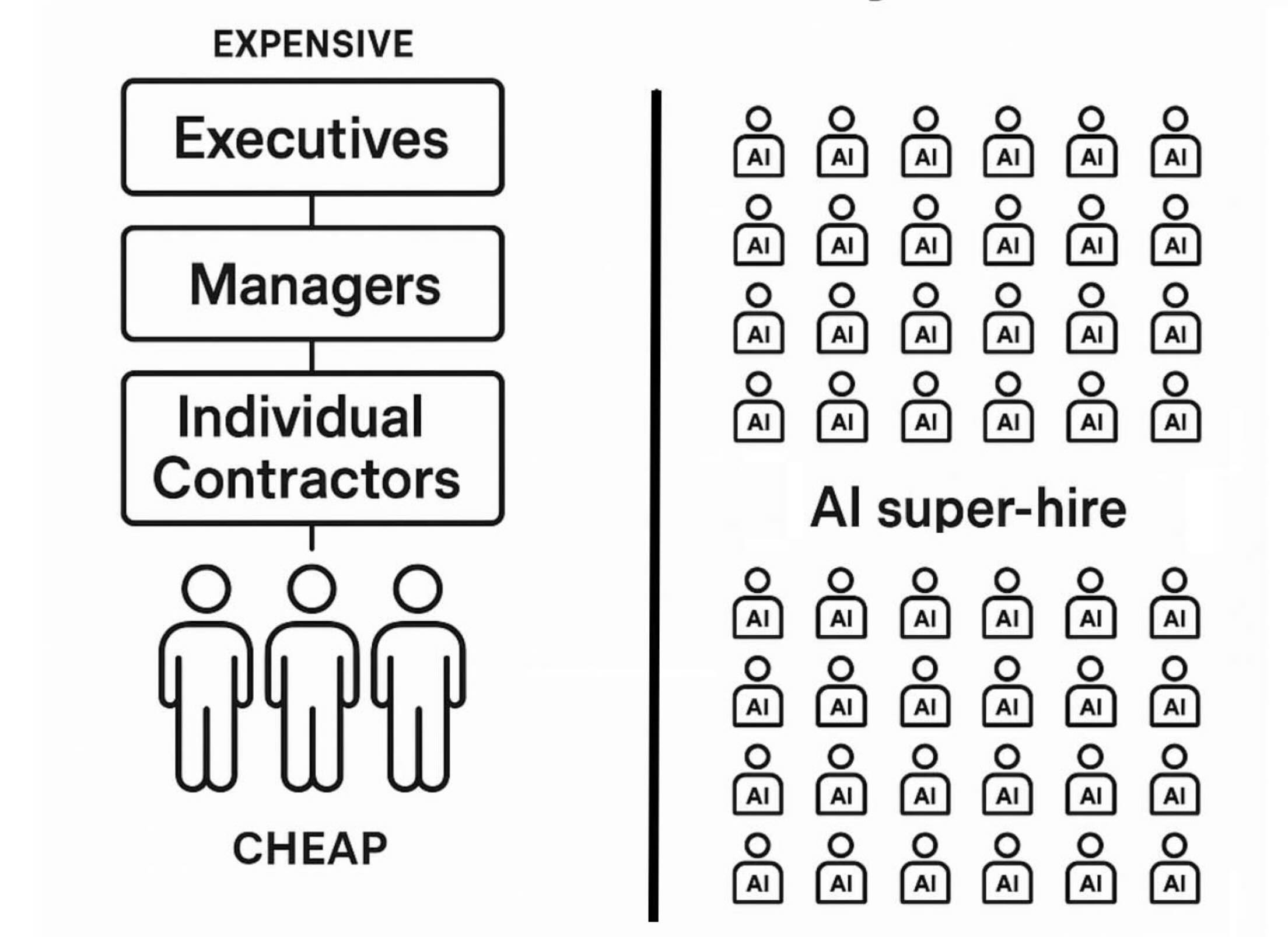
Lobbying in the United States
Lobbying in the United States is paid activity in which special interest groups hire well-connected professional advocates, often lawyers, to argue for specific legislation in decision-making bodies such as the United States Congress. It is often perceived negatively by journalists and the American public; critics consider it to be a form of bribery, influence peddling, or extortion and lobbying was illegal in the United States in the eighteenth and much of the nineteenth centuries.[ 1] [ 2] [ 3] Lobbying is subject to complex rules which, if not followed, can lead to penalties including jail. Lobbying has been interpreted by court rulings as free speech protected by the First Amendment to the U.S. Constitution. Since the 1970s, the numbers of lobbyists and the size of lobbying budgets has grown and become the focus of criticism of American governance.
Lobbying takes place at every level of government: federal, state, county, municipal, and local governments. In Washington, D.C., lobbyists usually target members of Congress, although there have been efforts to influence executive agency officials as well as Supreme Court appointees. Lobbying can have a strong influence on the political system; for example, a study in 2014 suggested that special interest lobbying enhanced the power of elite groups and was a factor shifting the nation's political structure toward an oligarchy in which average citizens have "little or no independent influence".[ 4]










